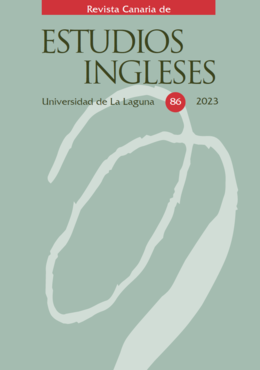“Gardening in Eden”: Wasted Lives, or Detoxic Identities in Gail AndersonDargatz’s Turtle Valley and Barbara Kingsolver’s Prodigal Summer
Abstract
This paper analyzes the inflection of a border-crossing ecological concern on the regional cultures of settlement through Gail Anderson-Dargatz’s Turtle Valley (2007) and Barbara Kingsolver’s Prodigal Summer (2000). Their engagement with the contingent position of the farmers in the British Columbia Shuswap region, and the southern Appalachian Zebulon County resituates the self. The struggle for production is substituted by a revisionist at- titude that relocates (wo)men and nature in a sustainable coexistence that approaches the human species and others. The ecological awareness of these novels uses a postindustrial landscape where human bodies and lives exhibit the malaise inflicted on the environment; they increasingly become waste(d) and toxic, and their habitat becomes a threat, also ma- terialized in (post)natural catastrophes impelling the relocation of human communities, or business reinvention. The human wastification of Eden is instrumental to launch a revision that detoxifies identity thanks to a remodeled bond with nature.



